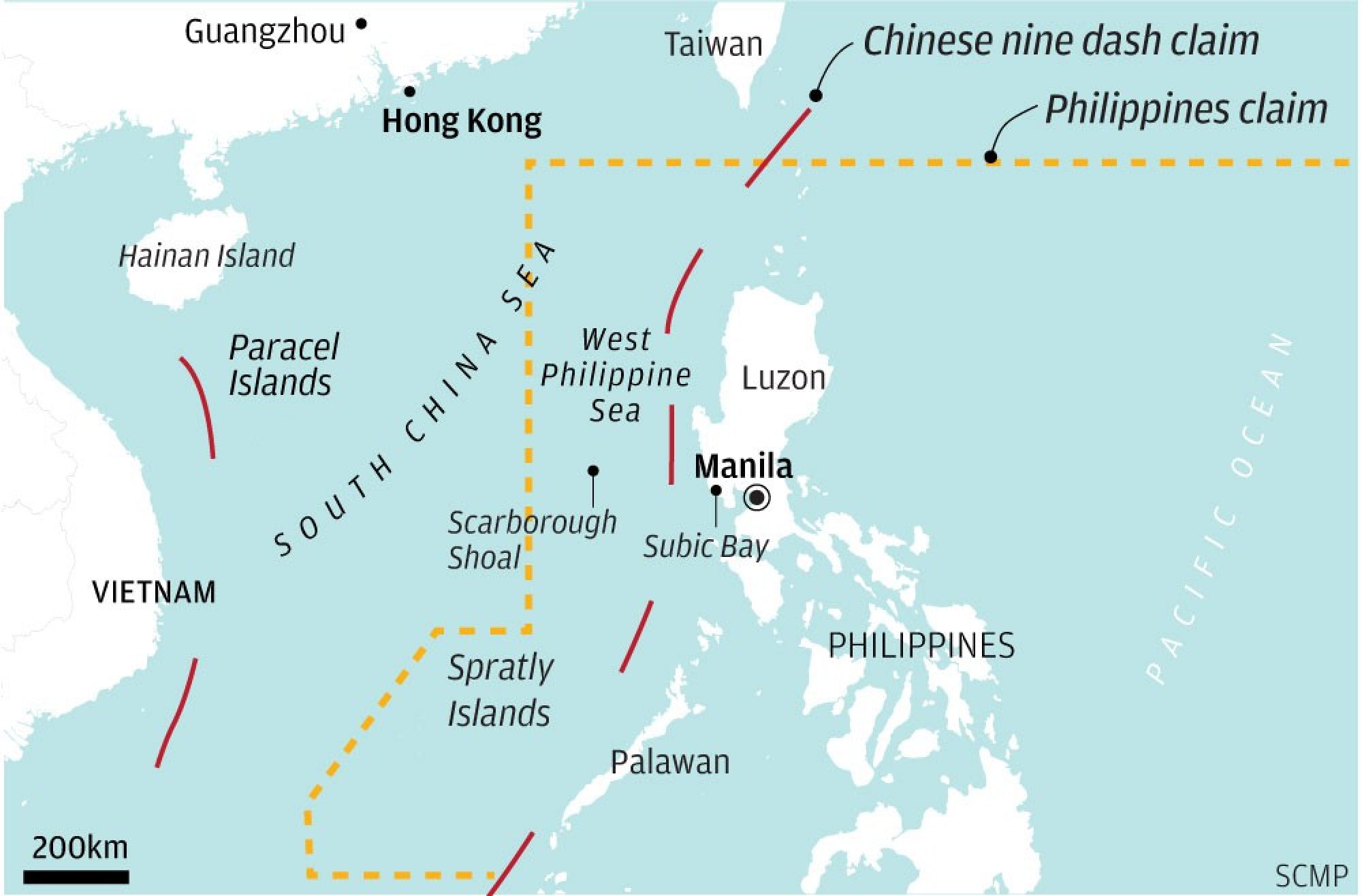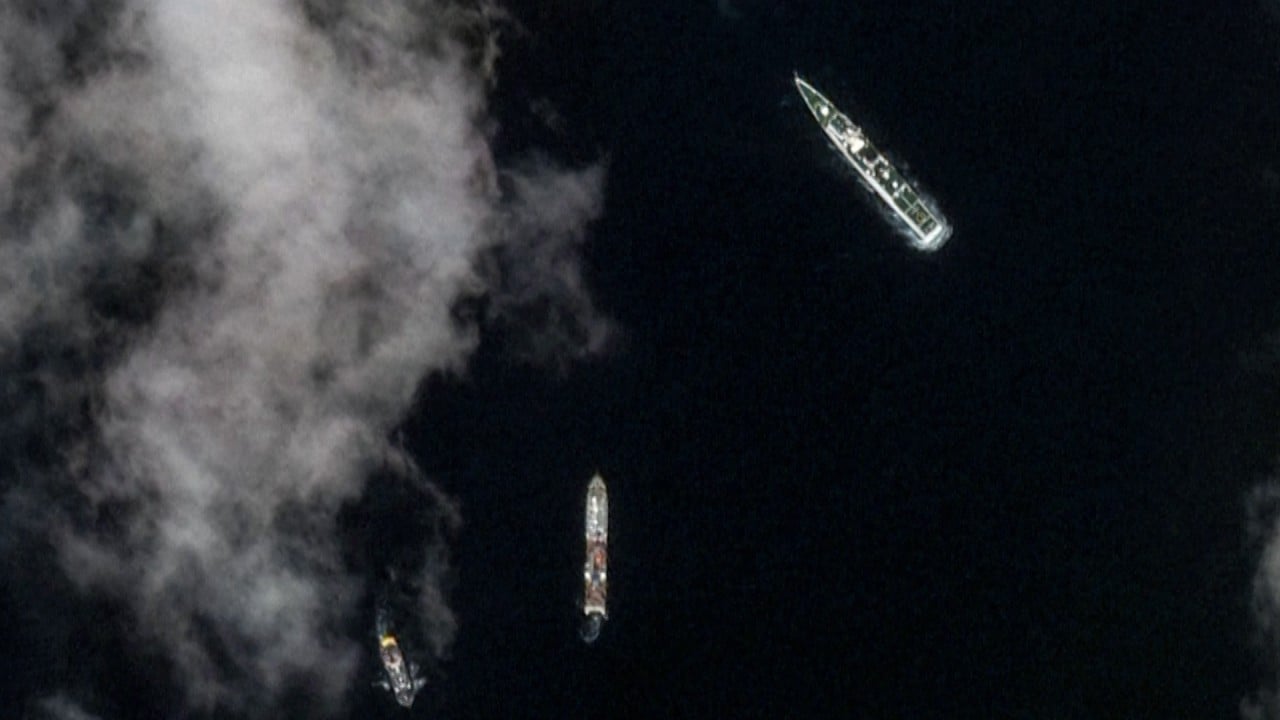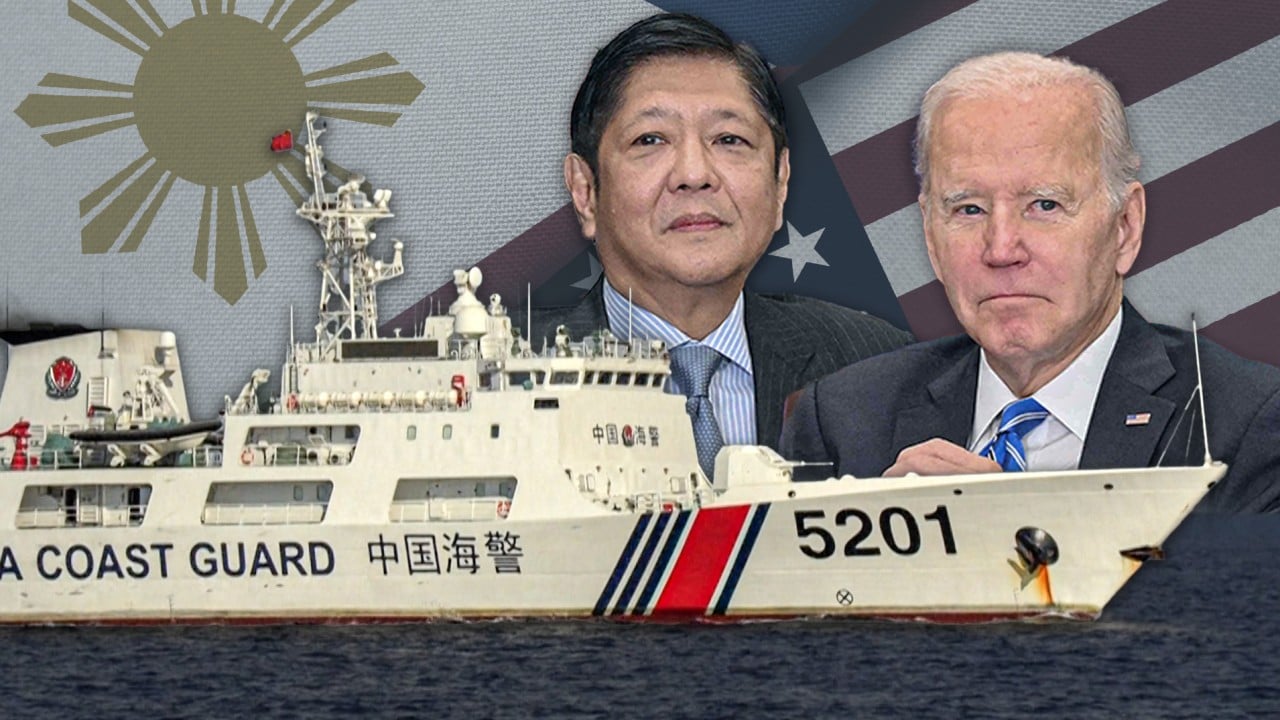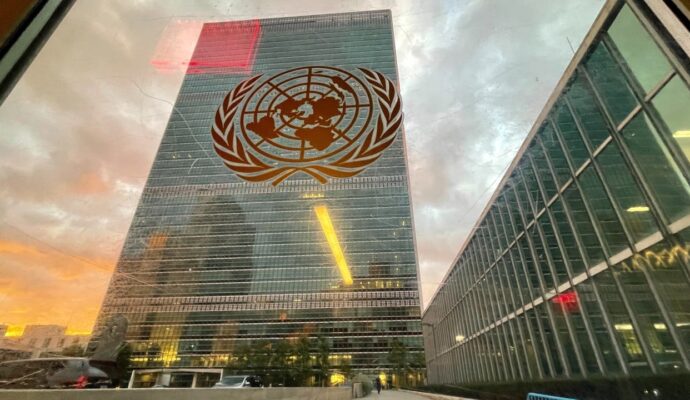The reason behind Manila’s new approaches is the significant disparity in maritime law enforcement and naval power between the Philippines and China. Manila lacks the capability to get Beijing to withdraw from disputed areas like Scarborough Shoal and Second Thomas Shoal.
To ensure the constant presence of its maritime law enforcement in the waters surrounding Scarborough Shoal however, providing “humanitarian supplies” to Filipino fishermen operating in the area can be used as a plausible pretext.
But the ruling does not address the issue of whether the Philippine coastguard or Bureau of Fisheries and Aquatic Resources has the authority to patrol or enforce laws in the waters of the shoal. The latter involves the issue of territorial sovereignty over Scarborough Shoal, which is outside the scope of an arbitral tribunal under the UN Convention on the Law of the Sea.
Last June, the Philippines unveiled the LAYAG WPS project (Livelihood Activities to Enhance Fisheries Yield and Economic Gains from the West Philippine Sea) to provide critical resources including equipment, fuel and livelihood support to Filipino fishermen in disputed areas such as Scarborough Shoal. It also aims to consolidate the Philippines’ presence and claims in the disputed region.
Philippines counts the cost of tough South China Sea stance against Beijing
Philippines counts the cost of tough South China Sea stance against Beijing
As part of this, Manila earmarked 2.5 billion pesos (US$44.5 million) for the acquisition of floating assets to enhance the country’s presence in the West Philippine Sea and support Filipino fishermen. A recent mission delivered 44,900 litres of diesel and other supplies to fisherfolk at Scarborough Shoal, where the government is helping as many as 44 Philippine fishing boats.

By acting under the banner of protecting fishermen’s livelihoods and delivering humanitarian supplies, Manila is trying to limit the space for protest from Beijing and camouflage its potentially provocative moves. Its unique packaging of its grey-zone operations as humanitarian resupply missions is meant to put Beijing on the defensive.
There should be concern over whether China will accept this. Since the second half of last year, China has increased its countermeasures, with many voices in Chinese policy circles advocating for teaching the Philippines a lesson for its reckless behaviour. Chinese coastguards may once again expel Filipino fishermen from the waters of Scarborough Shoal.
The situation in the South China Sea has entered a new phase. Stakeholders in the region are employing various strategies, tactics and tools. As politicians prioritise self-interest, the goodwill and trust between the parties are diminishing.
The fear is that the situation in the South China Sea could worsen, descending into unrestrained and deceitful behaviours, with covert methods driving an escalation of tensions, which would have a severe impact on the region’s peace and stability.
Zhihua Zheng is an associate professor and head of the East Asia Marine Policy Project at the Centre for Japanese Studies, Shanghai Jiao Tong University




